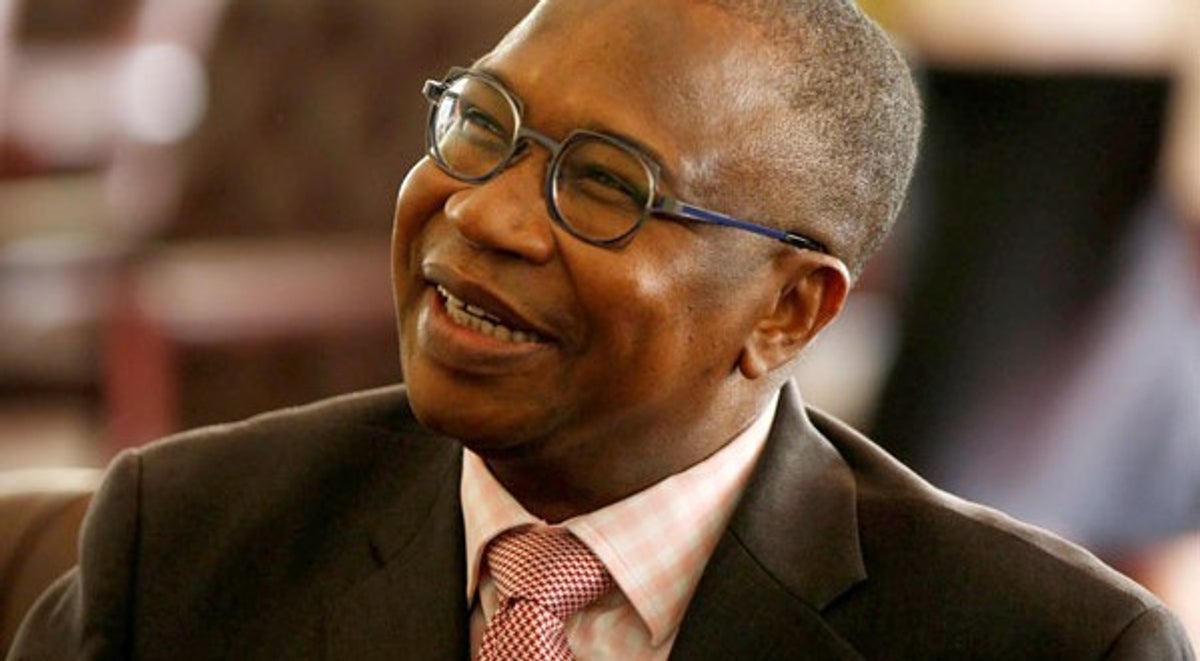Latest News
Top Story
 Concern over Masvingo black market
Concern over Masvingo black market The Zimbabwe National Chamber of Commerce (ZNCC) has castigated the emergence of a black market for some basic commoditi...
Top Story
 Kenya declares three days of mourning for Mugabe
Kenya declares three days of mourning for Mugabe Kenyan President Uhuru Kenyatta declared three days of mourning for the former Zimbabwean President Robert Mugabe on Fri...
Top Story
 UK's Boris Johnson quits over Brexit stretegy
UK's Boris Johnson quits over Brexit stretegy Boris Johnson has resigned as Foreign Secretary amid a growing political crisis over the UK's Brexit strategy.He is the ...
Top Story
 SecZim licences VFEX
SecZim licences VFEX The Securities and Exchange Commission of Zimbabwe has licenced the Victoria Falls Stock Exchange paving way for its sch...
Top Story
 Zimbabwe abandons debt relief initiative
Zimbabwe abandons debt relief initiative The Zimbabwe government has abandoned its plan to access a debt relief facility under the Highly Indebted Poor Countries...
Top Story
 European Investment Bank warms up to Zimbabwe
European Investment Bank warms up to Zimbabwe The European Investment Bank (EIB) has availed about €40m to Zimbabwe banks within a year, which will go towards baili...
Top Story
 Young Investment Professional (YIP) Graduate Programme 2019
Young Investment Professional (YIP) Graduate Programme 2019 Company Name Investec Asset Management Company Location Cape Town, Western Cape, South Africa Click HEREJob descriptionO...












 Young Investment Professional (YIP) Graduate Programme 2019
Young Investment Professional (YIP) Graduate Programme 2019
Editor's Pick